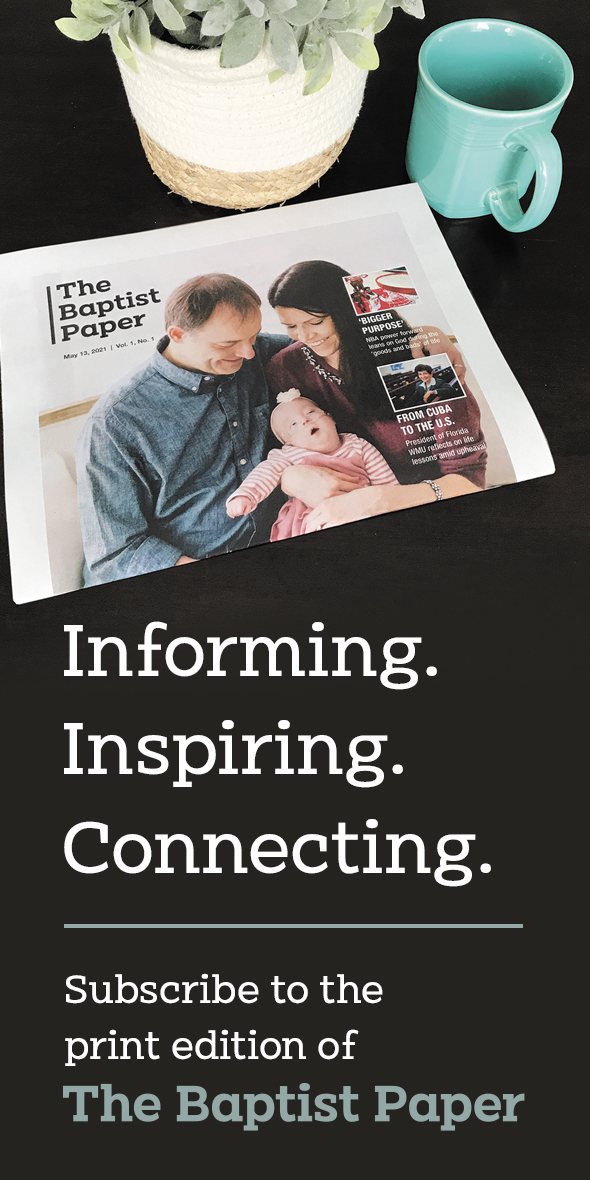Faith on Display in Your Priorities
James 4:13–17; 5:7–11
I know several believers who are gifted (maybe obsessed) with planning, strategy and calendars. The Bible affirms planning for the future and a strategy to achieve goals in the future. God desires believers to live by faith and trust Him for our needs and the future.
In our focal passage, James offers wisdom for planning. Proverbs, God’s book of wisdom, communicates many of the same spiritual truths as James does in our focal passage.
Subject your plans to God’s will. (4:13–17)
James describes Christian businessmen making plans for a business trip. He criticizes his readers as people who conducted business in the same manner as a nonbeliever. He grabs their attention with a command and a description of a business plan of several members. The opening phrase of James 4:13 is a command, “Come now” or “Look!” The command underscores the importance of the words following the command “Look!”
James describes bold business plans, but the wording describes presumptuous planning. Since human life is like a vapor, humans are not guaranteed a tomorrow to make a profit. Furthermore, we cannot determine future events. The best planning realizes the importance of the phrase “if the Lord wills.”
The businesspeople James described have already posted profits in their ledger. James describes such business planning as arrogant, evil boasting. The problem with the plan of the businessmen is their presumptuousness. The Bible never condemns wealth. Heroes of the faith such as Abraham were wealthy. The Bible condemns wealth obtained unethically.
While not debunking the importance and necessity of planning, James admonished believers to plan with a commitment of submitting our plans to the will of God. Proverbs 27:1 states, “Don’t boast about tomorrow, for you don’t know what a day might bring.”
Boasting is evil, but knowing the proper action and failing to do it, is also sin. The Bible notes that sin may be an act of commission (an evil deed) or an act of omission (not doing the right thing).
Focus on the Lord’s return. (5:7–9)
Earlier in James, the Lord’s brother warned businesspeople about accountability to “the Lord of Armies” for unethical business practices. Here, the author reminds believers of the need for patience and strength in consideration of the “Lord’s coming.”
James highlights three keys to a biblical perspective of the Second Coming. He admonished believers to be patient in terms of the Second Coming. James challenged his readers to imitate the patience of the prophets and Job.
In light of the coming of the Lord, James provided an admonition for our treatment of fellow believers in light of the coming of Jesus. Do not complain about one another!
Stay the course. (10–11)
James challenged believers to be patient, but he also challenged believers to endure or to remain steadfast. The Christian faith is not a life of ease. James encouraged believers to grasp the example of the suffering of the prophets of old.
Twenty-first century believers also need to grasp the example of modern martyrs for the faith. Be patient by being faithful.
By Mark Rathel
Professor at the Baptist College of Florida in Graceville, Florida










